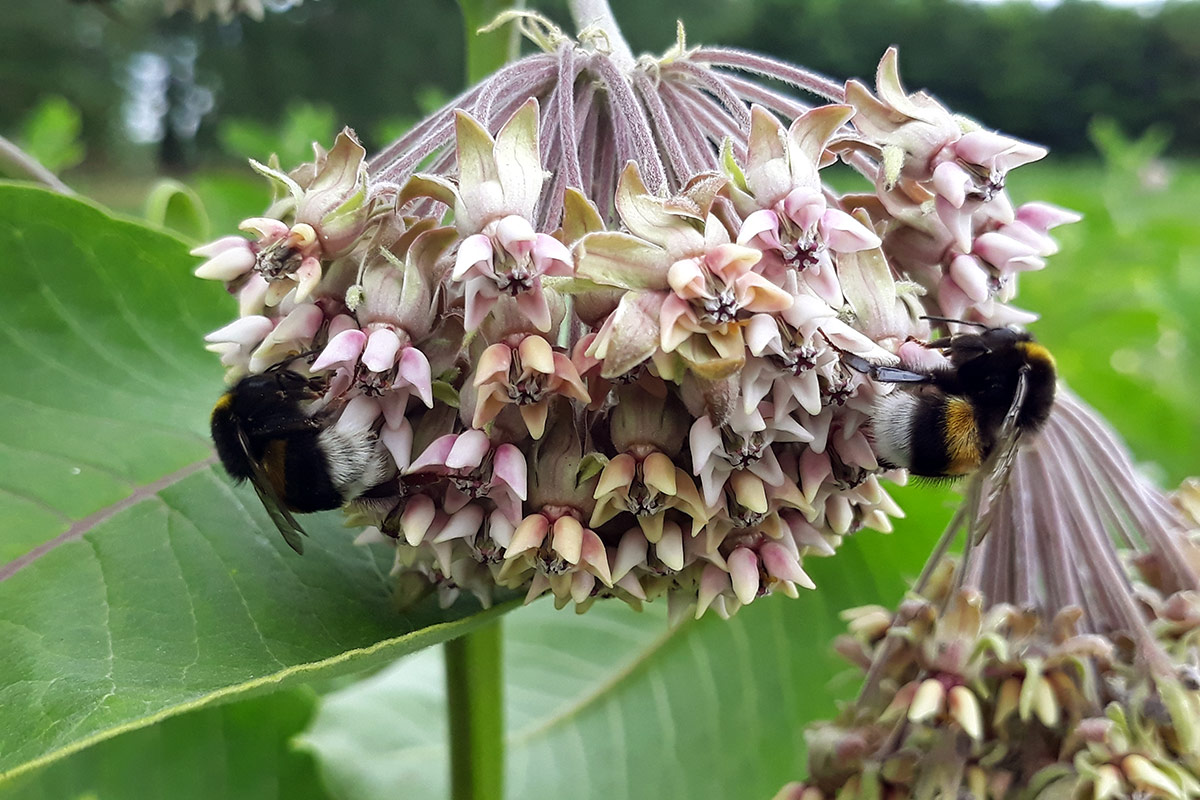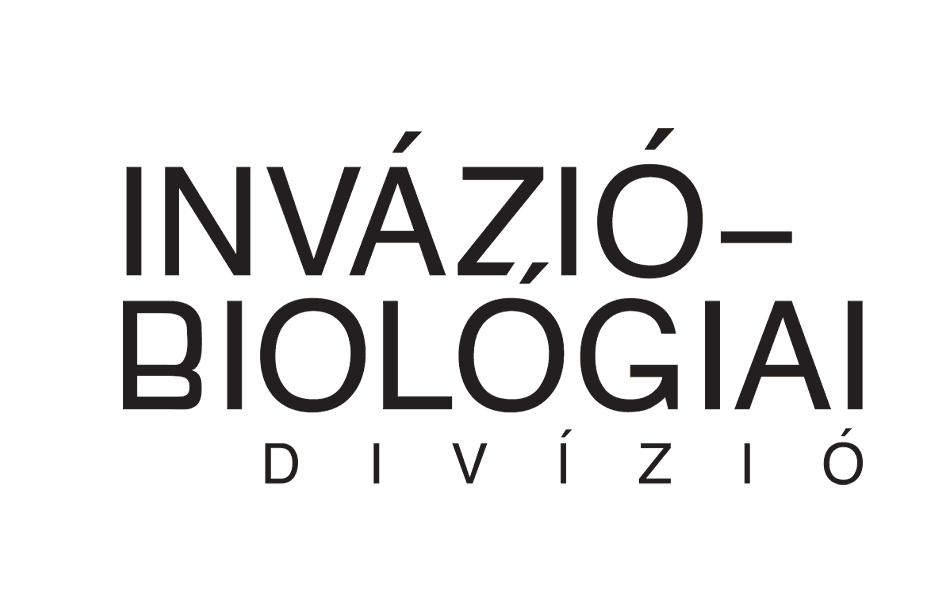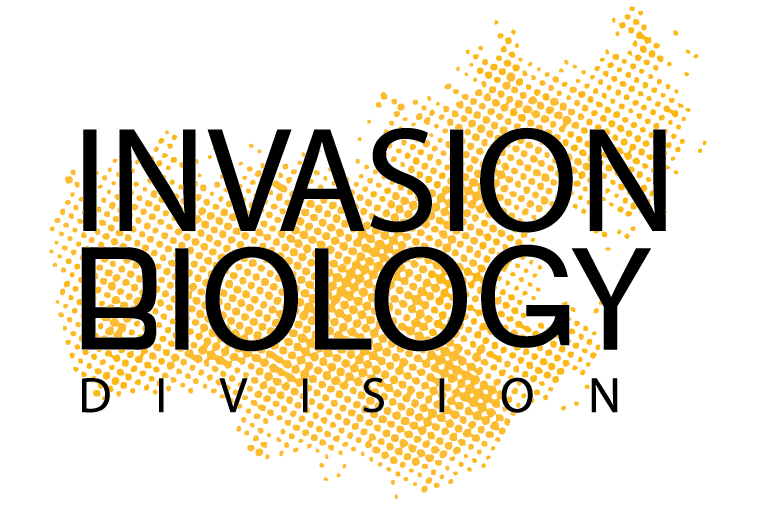Plant-pollinator systems play an extremely important role in most terrestrial ecosystems and in agriculture. Meanwhile, a growing number of studies report a drastic decline in pollinating insects, one of the reasons being changes in the availability of their floral food resources. Invasion is one of the top five causes of biodiversity loss. Invasive plant species also have a significant impact on pollinating insects, mainly because of their habitat-modifying capacity and the nectar and pollen sources available from their flowers. Many previously valuable plant species as bee pastures have declined in recent decades, and new species, including invasive species (important to beekeepers), have emerged. Beekeepers working in agricultural and semi-natural habitats are some of the best witnesses of changes in flower-rich habitats. Understanding their traditional ecological knowledge can also help to understand the processes affecting pollinating insects.
Our research aims to investigate the impact of plant invasions on pollinator communities and the role of different (i.e. invasive) plant species used by beekeepers as bee pastures within several relevant sectors. Field studies are focusing on pollinating insect communities, soil processes, vegetation changes, and social science methods to explore the current status, past changes and future development potential of beekeepers (including invasive plant species).

Partners
- Hungarian University of Agricultural and Life Sciences, Institute of Wildlife Management and Nature Conservation - assessment of some invasive plant species by the sectors concerned (beekeeping, forestry, nature conservation, agriculture)
- Babes-Bolyai University, Faculty of Biology and Geology, Hungarian Department of Biology and Ecology - field study of the role of invasive plant species on plant-pollinator systems



